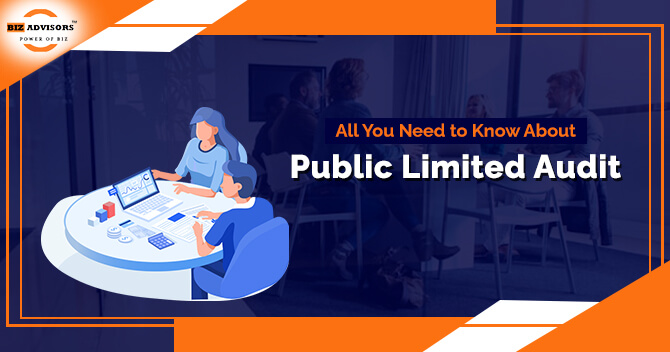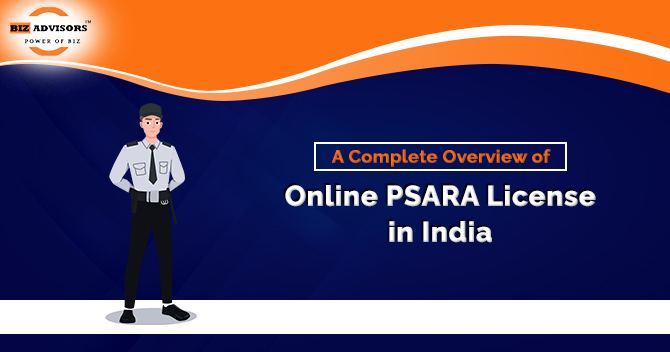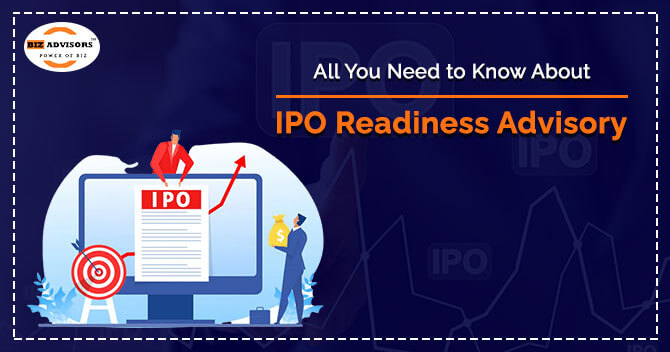In the world of finance and business, audits play a crucial role in ensuring transparency, accuracy, and accountability. When it comes to large-scale enterprises like public limited companies, the audit process becomes even more important. A public limited company audit is a critical process that ensures transparency, accuracy, and accountability in the financial reporting of a company to its stakeholders and regulatory bodies.
One of the primary objectives of a public limited company audit is to provide assurance to shareholders and investors regarding the accuracy of the company’s financial information. The external auditors, who are independent of the company, carefully review the financial statements to assess whether they present a true and fair view of the company’s financial position and performance. This verification process contributes to maintaining investor confidence and facilitating capital flow in the financial markets.
In the audit process, auditors also evaluate the company’s internal controls and risk management systems. This assessment helps identify any weaknesses or vulnerabilities in the company’s processes that could lead to errors, fraud, or misstatements in the financial statements. By highlighting these issues, auditors enable the company to take corrective actions and strengthen its internal controls, reducing the likelihood of financial irregularities.
What is a Public Limited Company?
A public limited company, often abbreviated as PLC, is a type of business entity that offers its shares to the general public on a stock exchange. This means that anyone can buy and own a part of the company by purchasing its shares.
One of the fundamental aspects of a PLC is its ability to issue shares on various stock exchanges, enabling individuals, institutional investors, and even other companies to become shareholders by purchasing these shares. This method of fundraising can provide the company with a significant influx of capital, which can be used to fuel expansion, research and development, acquisitions, and other strategic initiatives.
Why Auditing is Important for Public Limited Companies
Auditing is the process of reviewing and examining a company’s financial statements, records, and transactions to ensure they are accurate and in compliance with applicable laws and regulations. For public limited companies, auditing serves several vital purposes:
- Investor Confidence: Shareholders[1], potential investors, and stakeholders rely on accurate financial information to make informed decisions. A thorough audit enhances investor confidence in the company’s financial health.
- Legal Compliance: Public limited companies are subject to strict regulations and reporting requirements. Audits help ensure that the company is complying with these regulations, such as the International Financial Reporting Standards (IFRS) or Generally Accepted Accounting Principles (GAAP).
- Transparency: Audits promote transparency by revealing the true financial position of a company. This transparency is essential for maintaining the trust of shareholders and the public.
- Fraud Detection: Auditors are trained to detect any signs of fraud or irregularities in financial records. Timely detection helps prevent and address any fraudulent activities.
Key Players in a Public Limited Company Audit
- Several key players are involved in the audit process of a public limited company:
- External Auditor: An external auditor is an independent professional or firm hired by the company to conduct the audit. They review the company’s financial statements and express an opinion on their accuracy.
- Internal Auditor: While external auditors are independent and hired from outside the company, internal auditors are employees of the company. They perform ongoing reviews of the company’s financial activities to ensure internal controls and processes are effective.
- Audit Committee: Public limited companies often have an audit committee composed of independent directors. This committee oversees the audit process, ensuring its independence and objectivity.
The Audit Process Simplified
Now, let’s break down the audit process into simple steps:
- Engagement: The company engages an external audit firm to perform the audit. The audit’s scope and objectives are defined, along with the timeline for completion.
- Planning: The audit team plans their approach, understanding the company’s operations, risks, and internal controls. They identify areas that need special attention.
- Risk Assessment: Auditors assess the company’s financial statements and transactions for potential risks or errors. They focus on areas with higher risks of misstatement.
- Evidence Gathering: Auditors collect evidence by examining financial records, transactions, invoices, and other relevant documents. This evidence supports their conclusions and opinions.
- Evaluation: The audit team evaluates the evidence gathered to determine if the financial statements are presented fairly and accurately. They identify any discrepancies or issues.
- Communication: The audit team communicates their findings with the company’s management and audit committee. If any issues are identified, they provide recommendations for improvement.
- Opinion: Based on their evaluation, auditors provide an opinion on the financial statements. The two main types of opinions are “Unqualified” (clean), indicating the statements are accurate, and “Qualified” or “Adverse,” indicating discrepancies or issues.
- Report: The audit firm prepares a report that includes their opinion, findings, and recommendations. This report is shared with shareholders, regulators, and other stakeholders.
Challenges Faced in Public Limited Company Audits
Auditing public limited companies comes with its own set of challenges:
- Complexity: Public limited companies often have intricate structures, diverse operations, and numerous subsidiaries, making the audit process more complex.
- Voluminous Data: Handling a large volume of financial data requires auditors to use sophisticated tools and techniques to ensure accuracy.
- Regulatory Changes: Regulations can change frequently. Auditors must stay updated to ensure compliance with the latest laws and standards.
- Independence and Objectivity: Maintaining independence and objectivity is crucial for auditors to provide unbiased opinions.
Conclusion
In the realm of business, public limited company audits are a cornerstone of transparency, accountability, and trust. By examining financial records, transactions, and operations, auditors play a pivotal role in ensuring that these companies present accurate and reliable information to shareholders and the public. Through careful planning, evidence gathering, evaluation, and reporting, audits help maintain the integrity of financial reporting, enabling investors and stakeholders to make informed decisions.
While the process may be complex, understanding the basics of public limited company audits is essential for anyone interested in the world of finance and business. You can get in touch with our legal experts at BizAdvisors.io to analyze the framework of Public Limited Audit with a broader perspective.
Read our article:Everything You Need to Know About Secretarial Audit
 9559179325
9559179325 9559179325
9559179325





